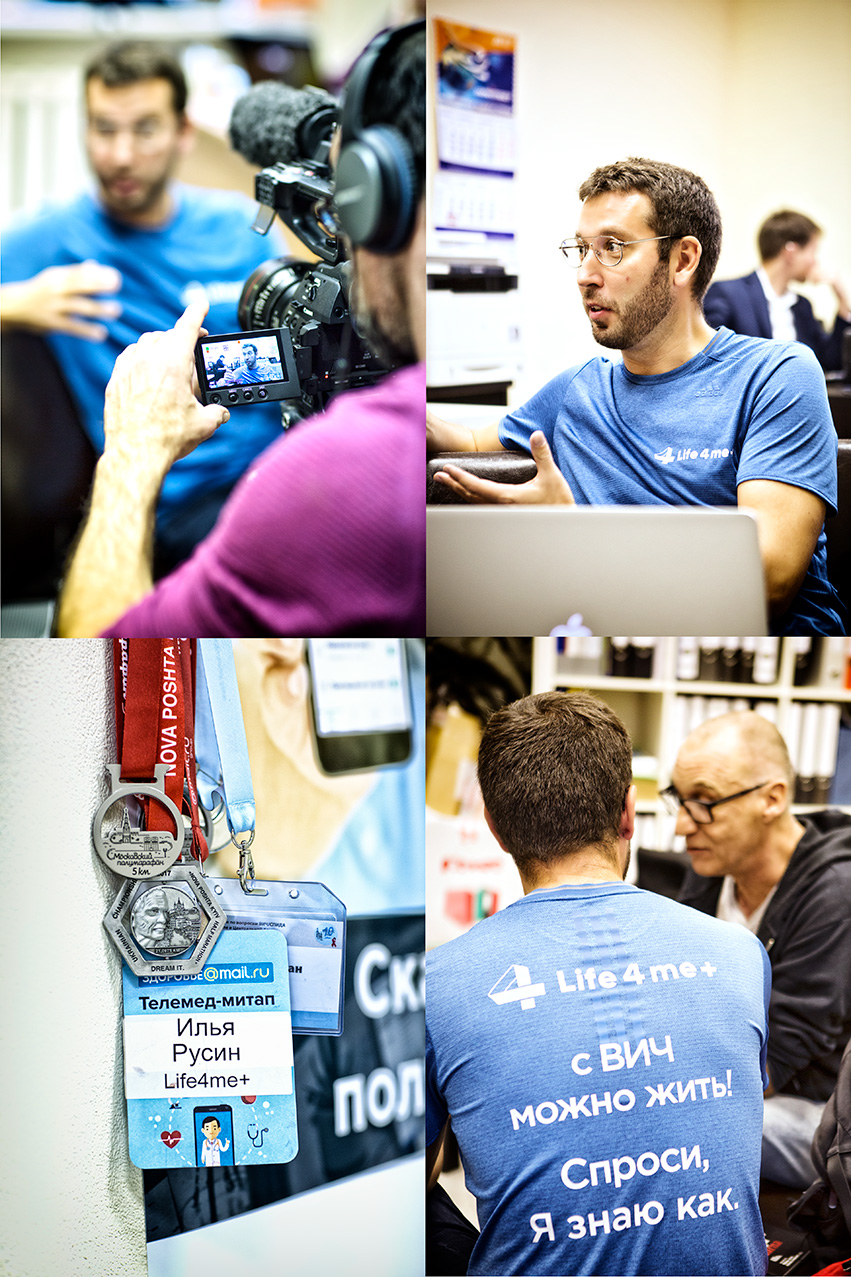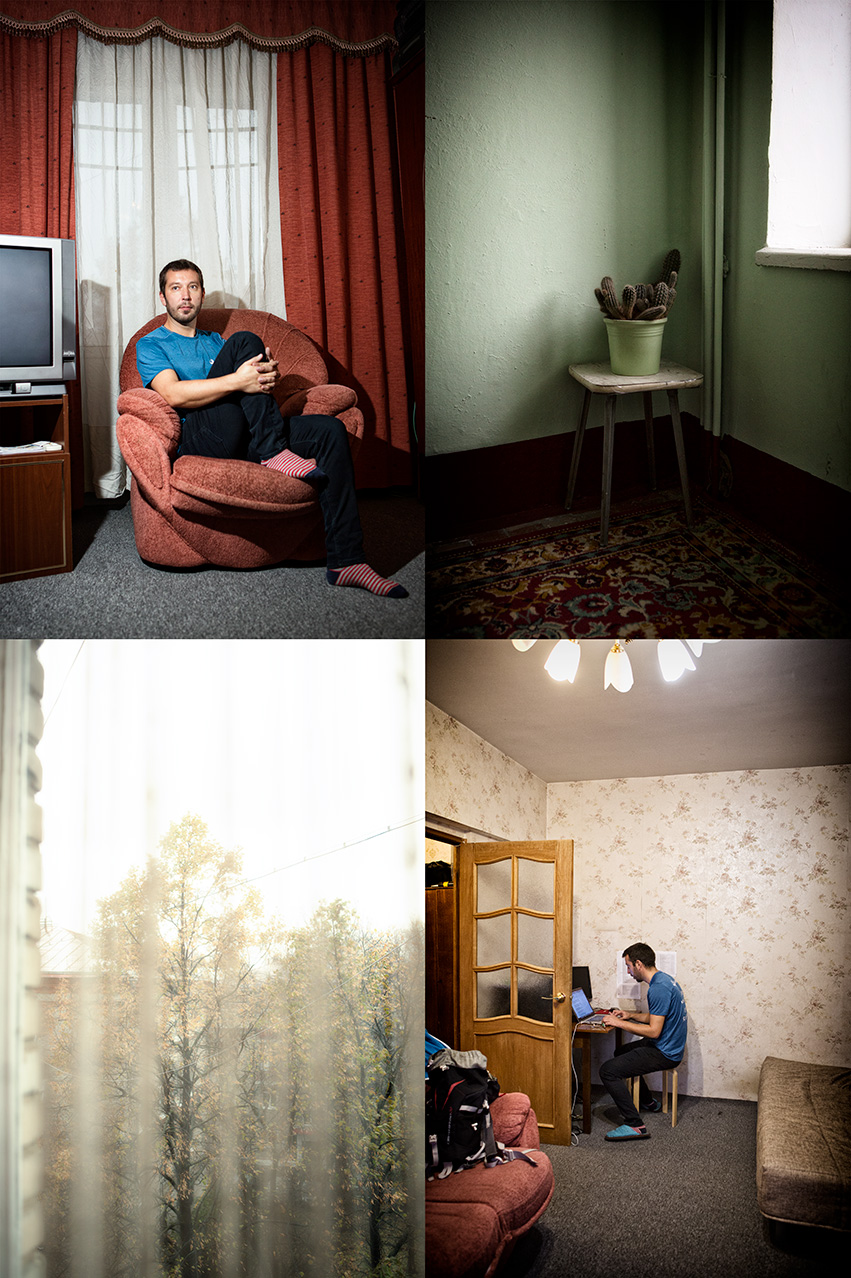The Russian Federation
According to UN estimates in 2021 Russia ranked among the top five countries in terms of HIV prevalence accounting for 3.9% of all newly diagnosed cases in the world. At the beginning of 2022 1.137 million Russians were infected out of 144 million total population. Nevertheless most experts believe that the real number of HIV-positive people is significantly higher as a noticeable share has not yet been identified.
This is reinforced by the ultra-conservative state policy promoted by the Russian Orthodox Church and the authorities since President Putin’s return to his third term in 2012. By 2021 government discrimination and police harassment of vulnerable populations hampered HIV prevention efforts. UNAIDS acknowledged that the new “gay propaganda law” would undermine the Russian authorities’ goal of eradicating AIDS by 2030 and called for its abolition.
In addition to the stigmatization towards people living with HIV human rights activists and volunteers are concerned about the lack of funding.
The position of HIV-infected people worsened after the Russia invasion of Ukraine and the imposition of international sanctions. In 2021-2022 the Russian Ministry of Health reduced the share of unparalleled expensive foreign drugs for HIV treatment from 67.3% to 55% of the total volume of ARV procurement.
Of the total number infected a study by the British charity NAM estimated that in 2022 only 45% were receiving antiretroviral therapy. And in February 2023 the media reported that in some colonies prisoners began to be denied life-saving therapy. By December 2023 the HIV infection levels had reached ‘epidemic proportions’ in 19 regions where more than 1.8% of all pregnant woman have been diagnosed with HIV. In Moscow Crimea Leningrad Oblast and Chechnya less than 50% of patients were able to access therapy.
(Sources: AVERT and UNAIDS)
Alex Schneider
Alex has a PhD in chemistry (Moscow and Halle-Wittenberg). As CEO of Life4me+, together with his team he reaches out to Russia’s HIV community; modern technology makes this possible. Alex wants to work where it makes a difference, in his birthplace: in Russia. This means a commitment to those living with HIV in Russia, freeing them from their isolation, monitoring them, counseling them, and advising them.


